
Wind propulsion specialist bound4blue has completed the first installation under its agreement with Maersk Tankers, fitting four 24-meter eSAIL suction sails on the medium-range tanker Maersk Trieste as part of a wider fleet retrofit program.The installation marks the first phase of a contract agreed in December 2024 covering 20 eSAIL units across five Maersk Tankers MR vessels
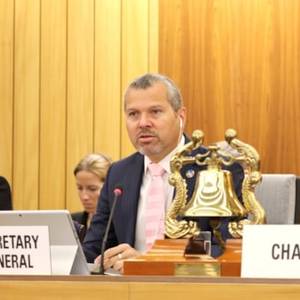
IMO Secretary-General Arsenio Dominguez has called for intensified diplomatic efforts following a renewed wave of attacks on merchant ships in the Red Sea.IMO Secretary-General Arsenio Dominguez has called for intensified diplomatic efforts following a renewed wave of attacks on merchant ships in the Red Sea.
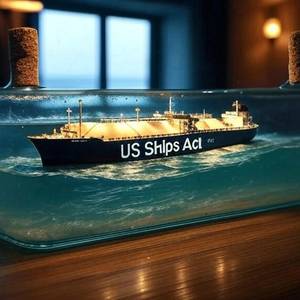
As a result of a major White House office wake-up call or Executive Order 14269 determining it is time to start building ships again, Washington DC announced America’s maritime industry has been “dangerously declining” and with that decline we have allowed China to become the dominant force in global shipbuilding.
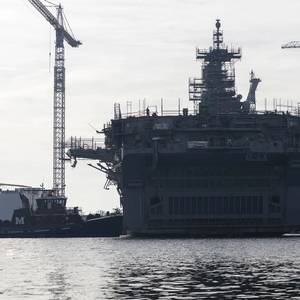
With your first steps as a cadet onto the Maritime Academy campus, your first union dues payment or first line thrown ashore from the tug, you are lectured on the importance of the “Jones Act”. A constant reminder throughout a US Seafarer’s career of commitment, loyalty and support for the legislation.
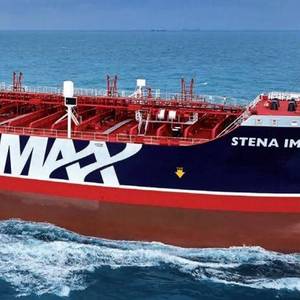
A tanker carrying jet fuel for the U.S. military was hit by a container ship off northeast England on Monday, with the collision igniting a blaze on both vessels, causing multiple explosions and forcing both crews to abandon ship.The tanker, which can carry tens of thousands of tons of jet fuel, was at anchor when the smaller container ship struck it
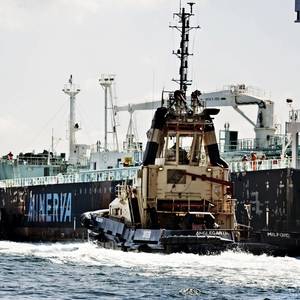
Operating one of the world’s largest marine fleets of any kind, it is Svitzer’s local footprint that speaks volumes for its diverse and far-flung workforce and assets. Strengthened by a multi-national team, providing value in more than three dozen countries, Svitzer stands out every day.
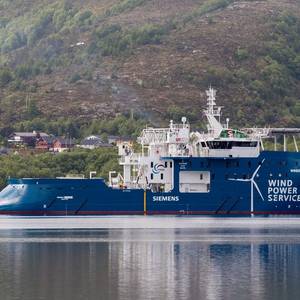
The offshore wind sector is bracing for transformative changes as it navigates shifting political landscapes and evolving market demands. To shed light on the current state of the industry, Maritime Reporter TV interviewed Phil Lewis, Director of Research at Intelatus, an international offshore energy markets expert

The Council of the International Association of Classification Societies (IACS) has announced the election of Alex Gregg-Smith to the position of IACS Chair. Mr. Gregg-Smith will assume the role on July 1, and his term of office will run until December 31, 2027.Mr. Gregg-Smith has over twenty years’ experience with Bureau Veritas

The Shipbuilders Council of America (SCA), the national association representing the U.S. shipbuilding, maintenance and repair industry, announced its new Board of Directors leadership David Carver, President of General Dynamics NASSCO, is ascending from his position as Vice Chairman to Chairman of the Board, assuming the role from Brad Moyer

The GTT Group announced the appointment of François Michel as Chief Executive Officer, effective January 5, 2026, thereby restoring a dissociated governance structure.This decision was taken unanimously by the Board of Directors of the Group at its meeting held on December 13, 2025.
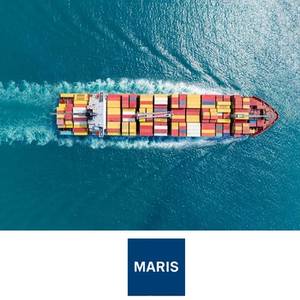
GTCR, a private equity firm, announced that it has entered into a partnership with maritime industry leader Manish Singh to form Maris Investments, LLC (Maris). Maris will seek to acquire companies in the maritime technology sector to build a market-leading platform addressing critical workflows and enabling digital transformation in the industry.

Manson Construction Co. (Manson) announced that James (Jim) McNally, previously Manson’s Executive Vice President and Chief Operating Officer (COO), has assumed the role of President and CEO as of March 3, 2025.“The Board of Directors unanimously approves of Mr. McNally taking the reins of Manson due to his excellent performance as COO and his long-time industry experience